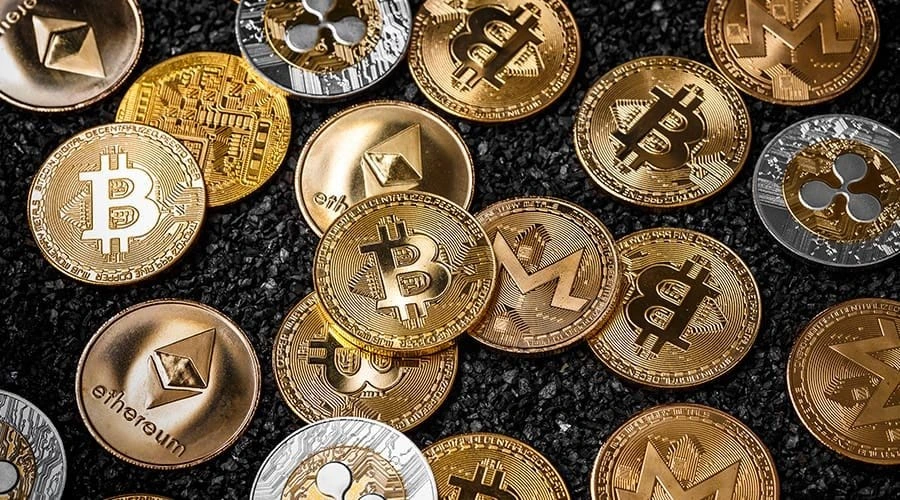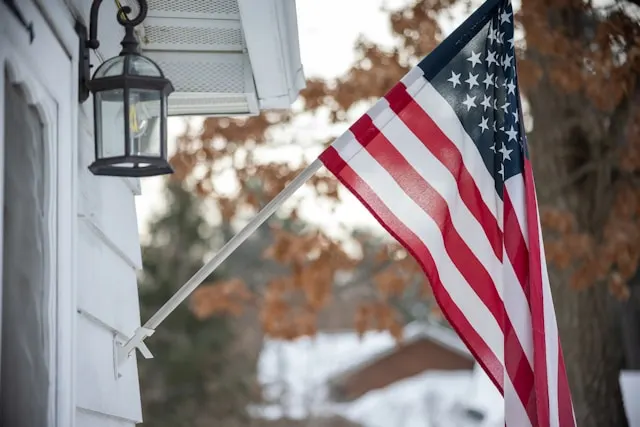PROTECT YOUR DNA WITH QUANTUM TECHNOLOGY
Orgo-Life the new way to the future Advertising by AdpathwayRussian President Vladimir Putin will not attend the BRICS summit in Brazil on July 6-7, 2025. Instead, he will join the meeting by video. This decision comes because the International Criminal Court (ICC) issued an arrest warrant against him in March 2023.
The ICC accuses Putin of war crimes related to the forced removal of Ukrainian children during the conflict that began in 2022. Russia denies these accusations and does not accept the ICC’s authority since it never agreed to the court’s rules.
Brazil, as a member of the ICC, must arrest anyone the court wants if they enter the country. This means Putin risks being detained if he travels to Brazil.
The Brazilian government did not give clear guarantees that Putin would be safe, so the Kremlin decided he should not go in person. Putin also skipped the 2023 BRICS summit in South Africa, another ICC member country, for the same reason.
However, he did visit Mongolia, which is also part of the ICC, in 2024 without being arrested, showing that enforcement of the warrant is not consistent.
 Putin Will Skip BRICS Summit in Brazil Because of ICC Arrest Warrant. (Photo Internet reproduction)
Putin Will Skip BRICS Summit in Brazil Because of ICC Arrest Warrant. (Photo Internet reproduction)BRICS is a group of major emerging economies including Brazil, Russia, India, China, and South Africa. It recently added new members like Egypt and Saudi Arabia. The group works to increase economic cooperation and offer an alternative to Western-led organizations.
Putin often uses BRICS to push back against Western influence, but the ICC warrant limits his ability to meet face-to-face with leaders from countries that follow the ICC’s rules.
Russia has never accepted the ICC’s power. It signed but never ratified the court’s founding treaty and withdrew its signature in 2016. The Kremlin says the ICC’s decisions do not apply to Russia.
Still, the warrant affects Putin’s travel options and his ability to participate fully in international meetings. This situation shows how international law can influence global politics and business.
Brazil must balance its legal duties with its diplomatic ties to Russia. For Russia, the warrant restricts Putin’s direct involvement in important talks, which could weaken Russia’s role in BRICS and other global forums.
The case highlights how legal actions can shape international relations and economic cooperation, even among powerful countries.


 2 weeks ago
9
2 weeks ago
9










 English (US) ·
English (US) ·  French (CA) ·
French (CA) ·  French (FR) ·
French (FR) ·